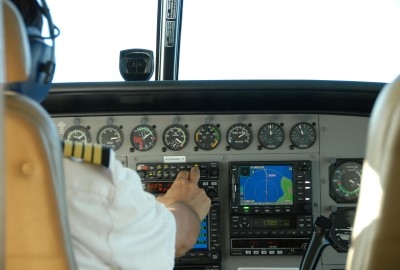Sustainable aviation requires development of high-performance steel
The development and production of new types of high-performance steel is crucial to achieving net zero emissions in aviation by 2050. Innovative materials and sustainable practices are vital to decarbonizing aviation.

Swiss Steel Group has released a comprehensive white paper detailing the aviation industry's challenges and opportunities in achieving net zero emissions by 2050. The paper emphasizes the role of high-performance steel in developing sustainable aircraft designs, crucial for meeting ambitious climate targets.
Frank Koch, CEO of Swiss Steel Group, highlighted the importance of high-quality special steels in making modern aircraft more efficient and sustainable. According to the white paper, innovations in steel play a crucial role in reducing greenhouse gas emissions in the aviation sector. Some key innovations include:
- Development of new steel coatings – to address the issue of harmful coatings on steel components, new coatings that do not contain environmentally harmful substances like cadmium, chromium (VI) compounds, or zinc-nickel are needed. These coatings can make steel more sustainable and easier to recycle.
- Lightweight construction materials – steel manufacturers are exploring the use of lighter weight materials such as carbon fiber composites and newly developed steels to reduce the overall weight of aircraft. This weight reduction leads to lower fuel consumption and, consequently, reduced greenhouse gas emissions.
- Additive manufacturing of steel – research is being conducted on manufacturing steel grades for aviation using Wire Arc Additive Manufacturing (WAAM). This method allows for the production of complex, lighter weight geometries that cannot be achieved through traditional methods like cutting or forging. The resulting weight reductions contribute to lower fuel consumption and emissions.
- Resistance to hydrogen embrittlement – with the shift towards alternative fuels like Sustainable Aviation Fuels (SAFs) for decarbonization, steel grades that are resistant to hydrogen embrittlement under high pressure and high combustion temperatures are essential. These steels are crucial for ensuring the safety and efficiency of propulsion systems in aviation.


